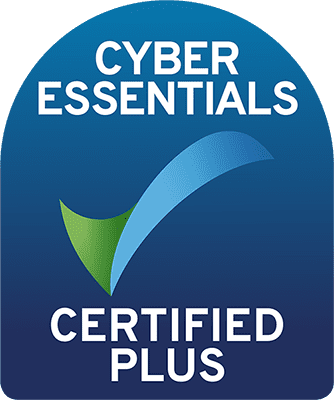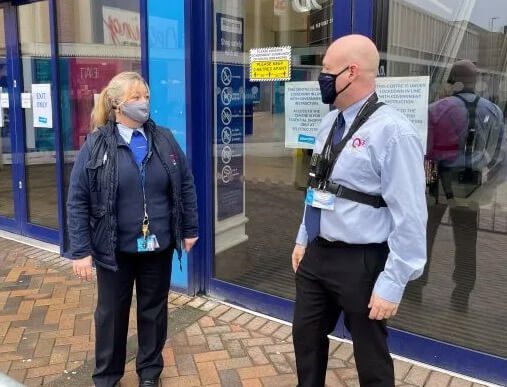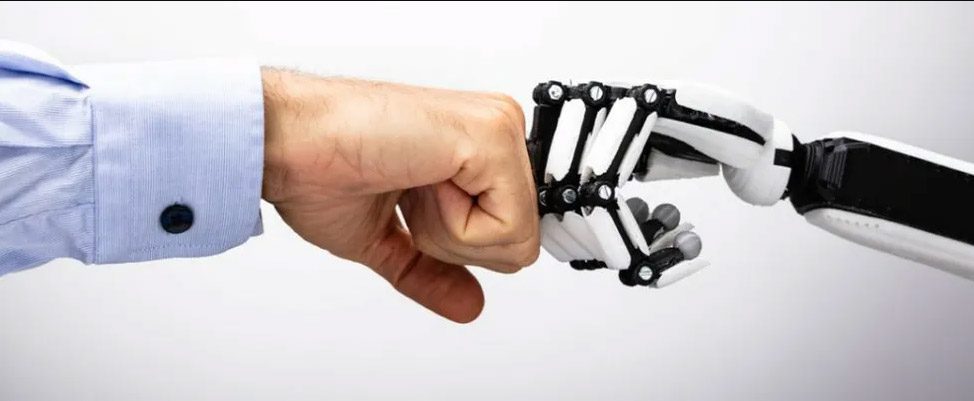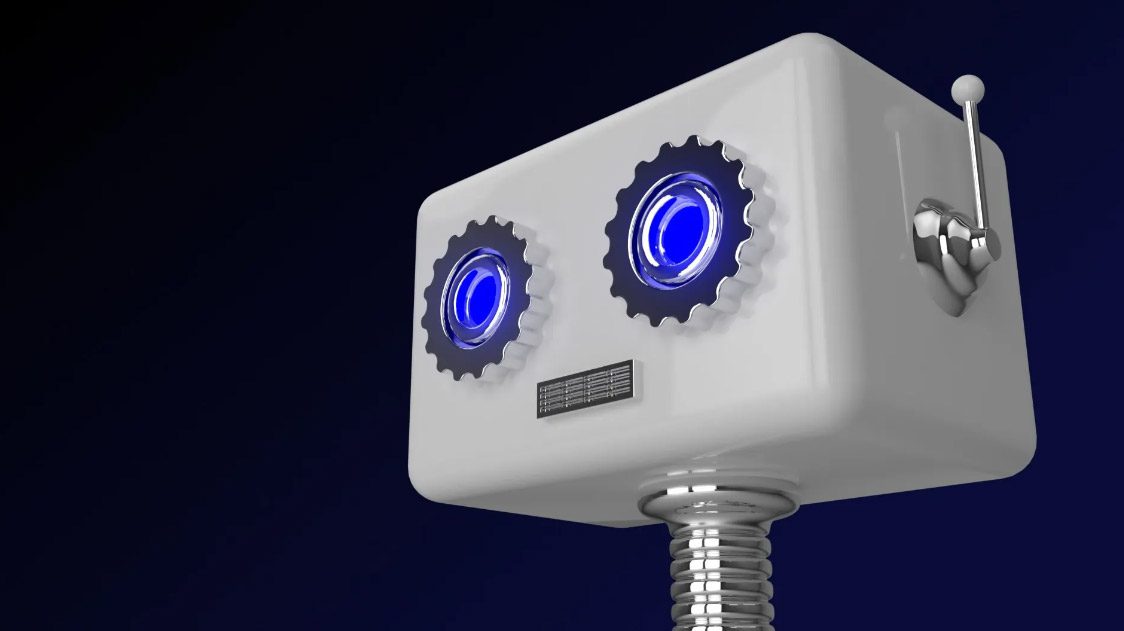Martyn Freeman muses on the trends in outsourcing
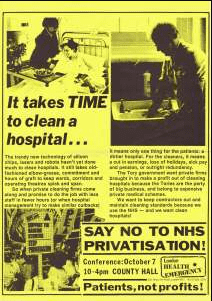
A few of us are old enough to remember the early Thatcher years and the awakening of privatisation and outsourcing. In 1981, Southend Council outsourced its refuse collection service to Exclusive Cleaning Ltd, who despite making “outrageous profits” managed to save the council over £0.5 million in the first twelve months. Apparently, over 100 authorities applied to Southend for their contract blueprint!
Two years later, came the privatisation of hospital services, when hospitals were required by HC(83)18 to put cleaning, laundry and catering services out to competitive tender. A queue of “contract cleaners” formed to chase down these lucrative contracts, including some long-forgotten names like Exclusive, Crothall’s, Home Counties Cleaning, and a few others who are still with us.
Now, almost forty years later, the public sector appears to be going full circle (as so often happens in our industry). In a speech last year boldly titled, “The Future of Healthcare”, Matt Hancock promised to “bust” bureaucracy, empower leadership and build trust. A leaked white paper indicates that there is a concerted effort to undo David Cameron’s strategy for more competition in the Healthcare sector and, perhaps driven by the success of the vaccine roll-out and the failure of many of the outsourced Covid19 programmes, we are experiencing an “about-face”.
The NHS is recovering its appetite for provision of in-house services. NHS Property Services is leading the charge with a declared strategy to “deliver our core services to our customers through in-house teams where possible”. But this is easier said than done, after all this time. In many NHS Trusts, there is no history, experience, or expertise for managing, mobilising, and deploying cleaning services, at scale, and in such critical environments.
Where can they turn for help? The outsourcers have no interest in supporting the process of insourcing, being philosophically and diametrically opposed to the whole concept. What the NHS needs right now is an organisation, or group of individuals, who understand, and are sympathetic to the reforms, and can help bring the strategy to fruition. They certainly don’t want one or other version of the truth, or a particular type of delivery model thrust on them.
In an earlier life in the FM industry, a few colleagues and I conceptualised a new approach that might just work for the NHS in its current predicament. Designed to promote best practice and deliver best value, the solution focused on integrating innovation, quality of service, use of technology and compliance, without the need for full outsourcing. It was an exciting proposition that never finally made it to market, but that’s another story.
The NHS does not need to be wedded to one model, or swing from one extreme to the other. They just need to think differently and do things differently, but they can’t do it alone. FM (private) sector expertise does exist with the knowledge to both lead and support the transformation, without conflict of interest. It is possible to outsource the management without outsourcing the staff. And that doesn’t necessarily mean consultancy. Heaven forbid that we go down that route and let the likes of KPMG, EY and others charge exorbitant fees for something they know little about. The FM sector is here and willing with the resource to help, and the NHS should be neither nervous nor afraid to ask for it.

 Channel Islands
Channel Islands


